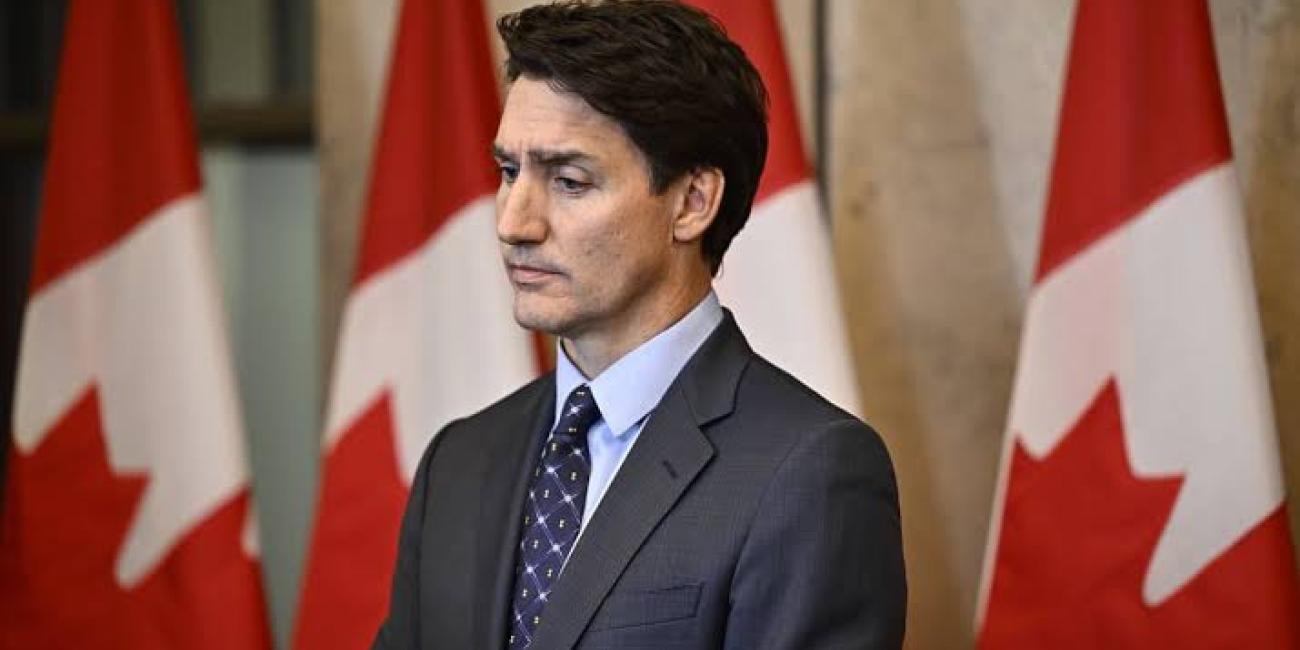
Canadian Prime Minister Justin Trudeau is reportedly considering stepping down as leader of the ruling Liberal Party after nearly a decade in office, according to a source familiar with the matter. While no final decision has been made, insiders suggest an announcement could come as early as Monday.
This speculation follows a Globe and Mail report indicating Trudeau may time his departure ahead of an emergency meeting of Liberal legislators set for Wednesday. If he resigns, the party could face a leadership vacuum at a time of declining public support.
Recent polls suggest the Liberals are at risk of significant losses to the opposition Conservatives in the next federal election, which must occur by October 2025. Trudeau’s exit would mark the end of an era, as he has guided the country through critical moments, including the COVID-19 pandemic and key debates on climate policy.
Frustration within the party appears to be growing, with Reuters reporting that increasing numbers of Liberal parliamentarians are urging Trudeau to step aside amid poor polling results. The Prime Minister’s Office has not commented on the rumors, and Trudeau’s published schedule shows his involvement in a virtual cabinet committee meeting on Canada-U.S. relations on Monday.
The Globe and Mail report notes uncertainty about whether Trudeau would resign immediately or remain until a new Liberal leader is chosen. Speculation has also arisen about Finance Minister Dominic LeBlanc potentially serving as interim leader, though this could prove controversial if LeBlanc seeks the leadership himself.
Trudeau, who became Liberal leader in 2013 when the party was at its lowest point, faces mounting challenges. Calls for his resignation have grown following setbacks like losses in two traditionally safe-seat by-elections. Further pressure mounted in December after Trudeau’s attempt to demote Finance Minister Chrystia Freeland, a close ally, reportedly led to her resignation. In a public letter, Freeland accused him of prioritizing “political gimmicks” over national interests.
Trudeau initially rose to power in 2015 with a message of hope and progressive policies, including action on climate change and women’s rights. However, his tenure has been marked by challenges, including the COVID-19 pandemic, which forced significant government spending and resulted in record deficits. Rising inflation, immigration missteps, and a strained housing market have also contributed to growing public dissatisfaction.
If Trudeau resigns, it could lead to calls for a snap election to stabilize governance and reset relations with the U.S. amid growing domestic and international challenges. What began as a promising political career now faces an uncertain conclusion.
